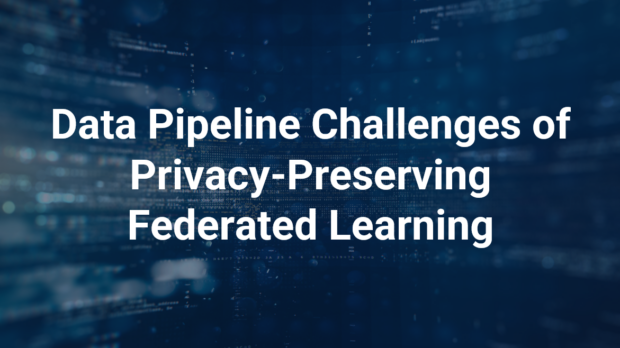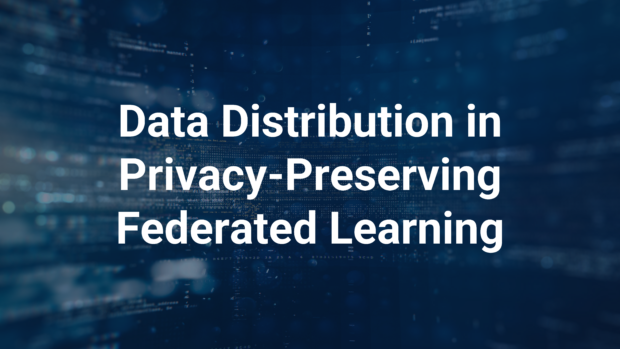Data-driven technology
This post is part of a series on privacy-preserving federated learning. The series is a collaboration between the Responsible Technology Adoption Unit (RTA) and the US National Institute of Standards and Technology (NIST). Learn more and read all the posts …
Privacy Enhancing Technologies (PETs) have become an increasingly important policy priority for governments, multilateral organisations, and the data privacy expert community. PETs refer to a range of digital technologies and techniques that enable the collection, processing, analysis, and sharing of …
In our second post we described attacks on models and the concepts of input privacy and output privacy. ln our previous post, we described horizontal and vertical partitioning of data in privacy-preserving federated learning (PPFL) systems. In this post, we …
This post is part of a series on privacy-preserving federated learning. The series is a collaboration between the Responsible Technology Adoption Unit (RTA) and the US National Institute of Standards and Technology (NIST). Learn more and read all the posts …
Privacy Enhancing Technologies (PETs) could enable organisations to collaboratively use sensitive data in a privacy-preserving manner and, in doing so, create new opportunities to harness the power of data for research and development of trustworthy innovation. However, research DSIT commissioned …
This post is part of a series on privacy-preserving federated learning. The series is a collaboration between CDEI and the US National Institute of Standards and Technology (NIST). Learn more and read all the posts published to date on the …
This post is the first in a series on privacy-preserving federated learning. The series is a collaboration between CDEI and the US National Institute of Standards and Technology (NIST). Advances in machine learning and AI, fuelled by large-scale data availability …
Self-driving vehicles have the potential to radically transform the UK’s roads. But to enable their benefits and achieve the government’s ambition to ‘make the UK the best place in the world to deploy connected and automated vehicles’, developers and manufacturers …
Access to data is an obvious requirement for data-driven innovation, but many innovators struggle to access the data they need. In a recent CDEI survey, 86% of vendors of AI and data-driven technologies stated that a number of data-related factors …
The use of data-driven tools is rising across the recruitment sector. The COVID-19 pandemic has heightened the need for effective and efficient digital tools in hiring as recruiters search for the highest calibre candidates in an increasingly virtual world. Companies …










Recent Comments